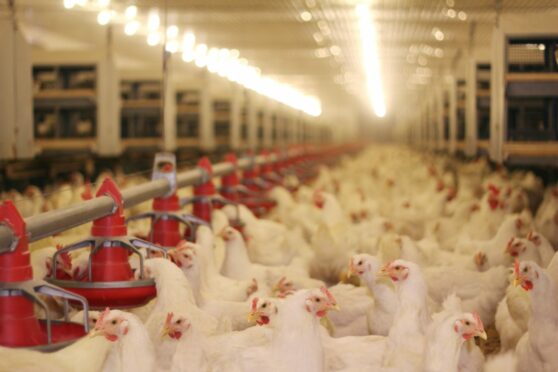NFU Scotland (NFUS) has mapped out the clear actions it wants to see implemented by the Scottish government to support farmers and crofters to become more energy independent and to enable them to transition to a more resilient energy future.
The union’s climate change policy manager Kate Hopper attended a major two-day event in Glasgow this week where the government’s consultation on its Strategy and Just Transition Plan set out actions to support the move to a greener and fairer energy system for Scotland.
It comes as Ms Hopper said the lack of control within the energy system is severely affecting the resilience of the agricultural sector and is impacting across the wider supply chain.
“Protecting food and other crop production from energy price shocks and maximising the production of home-grown clean energy provision must be a key aim of the energy strategy,” she said.
“The Scottish government must champion on-farm energy as a vital part of the national energy network and our future energy mix.
“It must also recognise that Scottish agriculture and its wider food and drink supply chain has been exposed to the effects of global energy price shocks.
“Agricultural businesses have faced unprecedented increases in electricity and other input costs which are threatening to make production unviable. As we transition to a new green energy system it is essential that we can decouple our farms and crofts from the current, unfair energy system.”
With Scotland’s farmers and crofters being a significant consumer of, and a growing producer of energy, the union made a submission to the government on Tuesday, setting out what it wishes to see implemented in a finalised energy strategy.
In its submission, the union called for support on energy resilience for Scottish agriculture and the wider food chain by increasing the production of energy on farms and crofts, decoupling the reliance on the current unfair energy system to protect food security.
It also called for support to farms and crofts to decarbonise, by setting out the preferred options to reduce dependency on red diesel and other fossil fuels used on farm as the industry moves to greener fuels.
The union also requested barriers to be removed to on-farm green energy production, such as grid blocking, delays in the planning system and the significant costs of connections to the grid.
Finally, NFUS asked the government to recognise and reward the contribution that farms and crofts are making in transition to a green energy system for Scotland through carbon foot printing and the new Agriculture Bill and future support system.

